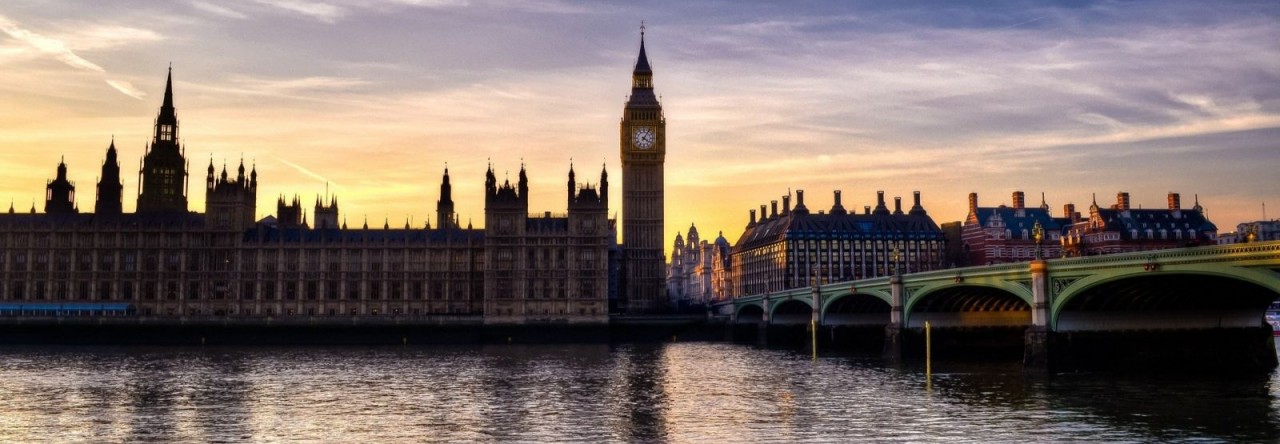http://www.popupenglish.es/anglo-speaking-worlds-or-world-englishes

Despite the obvious English-speaking countries, like the United Kingdom, Ireland, the USA, Canada, Australia, New Zealand and South Africa, the English-speaking world is far wider and more diverse than we might think at first, as it includes countries, territories and spaces that have historical, colonial or migration connections with the obvious English-speaking countries.
For example, India, Nigeria and Kenya were once colonies of the UK, and English still has an important presence in their institutions and everyday life.
Likewise, Mexico, and even Spain, France and Portugal, in Europe, have English-speaking communities that have emerged as a result of migration and tourism. Think of Benidorm, the Algarve or la Costa del Sol, where you can have full British breakfast all day every day!
And the truth is that we can find many key facts and figures about the use of English worldwide and evidence that it has become a global language.
Some linguists even argue that there is no longer just one English but several varieties of the language depending on which part of the world it is spoken.
This is how the term “World Englishes” has emerged, to refer to localised or indigenised varieties of English that have developed in territories influenced by the UK or the US.
The study of “World Englishes” consists of identifying varieties of English used in different sociolinguistic contexts globally and analyzing how histories, multicultural backgrounds and contexts influence the use of English in different parts of the world.
Because of all this, it is almost better to talk about English-speaking territories, spaces and communities rather than countries.
Culturally speaking, English is becoming a leading language, for good and bad, and, increasingly, politicians, scientists, academics, business people and artists are using it as the means to reach wider audiences globally.
Indeed we can see images that relate to this phenomenon, like cultural products (films, music, artists, places, food…) where English has become ‘deterritorialised’ from its native roots and mixes with and adapts to different cultures.
I will share my personal language and cultural experiences in the UK, the US and India, highlighting many cross-cultural and language issues, but not now, enough for today!
Authors: Alicia Pozo and Carolina Sebastian


Залишити відповідь